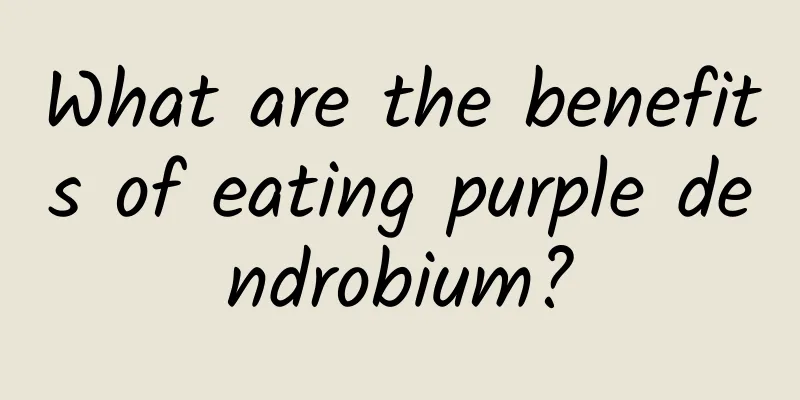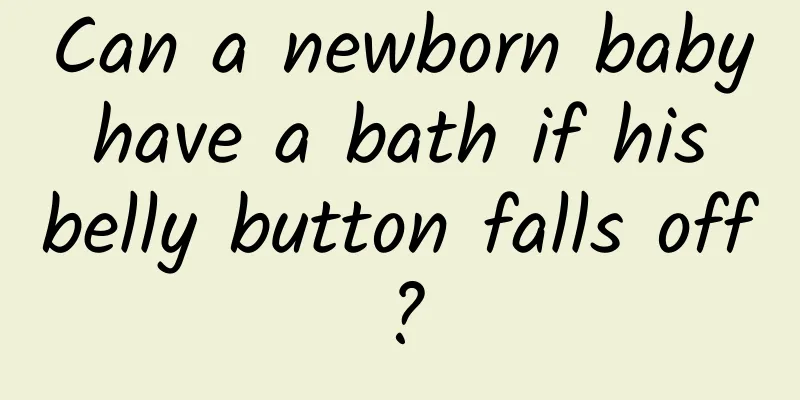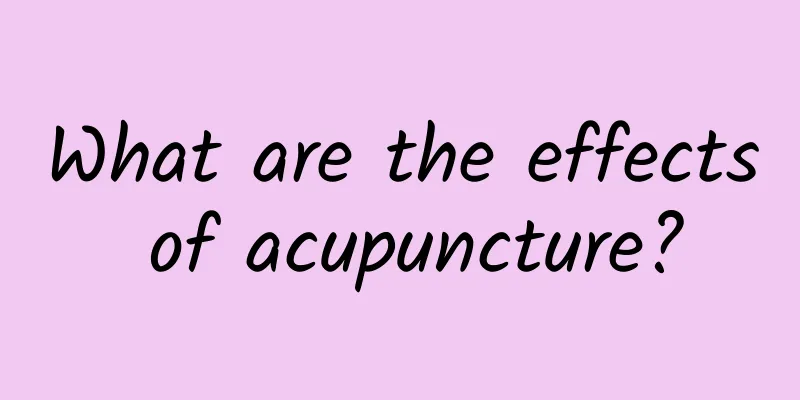How should atrial fibrillation be treated?

|
Heart disease has been developing rapidly in recent years. More and more people are suffering from heart disease, adding a lot of dangers to life. Heart disease is characterized by a high mortality rate and a low treatment rate, and it is almost impossible for patients to live longer. There are so many types of heart disease that it is difficult for ordinary people to distinguish them. Even professional medical institutions have to spend a lot of effort to distinguish between various heart diseases. For example, atrial fibrillation is a common symptom of heart disease, which has a great impact on the patient's life and puts the patient at risk of life at any time. Atrial fibrillation can be treated. Let’s take a look at how to treat atrial fibrillation. Atrial fibrillation (AF) is the most common sustained cardiac arrhythmia. The incidence of atrial fibrillation increases with age, reaching 10% in people over 75 years old. During atrial fibrillation, the frequency of atrial excitation reaches 300 to 600 beats per minute. The heart rate is often fast and irregular, sometimes reaching 100 to 160 beats per minute. Not only is it much faster than a normal person's heartbeat, but it is also absolutely irregular, and the atria lose their effective contraction function. The prevalence of atrial fibrillation is also closely related to diseases such as coronary heart disease, hypertension and heart failure. 1. Treatment principles (1) Restoring sinus rhythm Only by restoring sinus rhythm (normal heart rhythm) can the goal of completely curing atrial fibrillation be achieved. Therefore, treatment methods to restore sinus rhythm should be tried for any patient with atrial fibrillation. (2) Controlling rapid ventricular rate For patients with atrial fibrillation who cannot restore sinus rhythm, drugs can be used to slow down the faster ventricular rate. (3) Preventing thrombosis and stroke If sinus rhythm cannot be restored during atrial fibrillation, anticoagulant drugs can be used to prevent thrombosis and stroke. For atrial fibrillation caused by certain diseases such as hyperthyroidism, acute alcohol poisoning, and drugs, it may disappear on its own after the cause is eliminated. 2. Medication Currently, drug therapy is still an important method for treating atrial fibrillation. Drugs can restore and maintain sinus rhythm, control ventricular rate and prevent thromboembolic complications. |
<<: What are some common tips for repairing acne marks and acne pits?
>>: What should I pay attention to during liquid nitrogen cryotherapy?
Recommend
Why do girls sweat?
If a girl likes to sweat, she should pay attentio...
Stomach bloating in the second month of pregnancy
Various gastrointestinal diseases are very common...
At what point will milk stop flowing?
Many mothers are in the stage of stopping breastf...
What to do if fat particles grow on lips
For women, they generally hope to have a smooth f...
Peripheral neuritis
Peripheral neuritis is a disease that causes numb...
Effective ways to eliminate bad breath
There are very few ways to get rid of bad breath....
Normal cervical curvature
Our cervical spine has a certain degree of curvat...
Why do I always feel like I can’t urinate completely?
Excretion is a normal manifestation of the body&#...
How to treat wind tuo
Fengtuo is a common name for urticaria. The cause...
Can I drink wolfberry water when I am pregnant?
You can also drink wolfberry soaked in water when...
What medicine should I take for white tongue coating and bad breath
White tongue coating and bad breath are generally...
What are the symptoms of asthenia?
Speaking of asthenia, many people don't know ...
How to exercise when bladder meridian is blocked
The bladder meridian is the largest detoxificatio...
What to do if you have esophageal pain? Beware of inflammation!
The most common cause of esophageal pain is esoph...
Summer's favorite thing is getting angry! Traditional Chinese medicine "puts out fire" too quickly
Summer is already quite hot, and if you eat some ...









